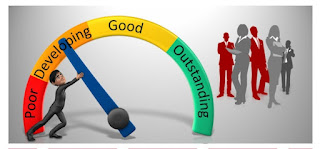Strict Liability Insurance

Strict Liability Insurance Strict liability is the responsibility that small business owners have for damages or injuries their products cause, even if they did nothing wrong. For example: -Products that cause harm due to inherent defects (product liability). -Injuries caused by dangerous animals. -Environmental damage caused by certain activities. While there's no single "strict liability insurance" policy, some existing insurance options might provide coverage in situations involving strict liability, depending on the specific policy wording and circumstances. Strict liability is the responsibility that manufacturers, wholesalers, distributors, or retailers have for damages or injuries in cases where there was no fault or negligence. Strict liability normally applies in three situations: when dangerous animals are involved, when someone engages in highly dangerous activities, or when a defective product hurts someone or damages property. How does strict liability





